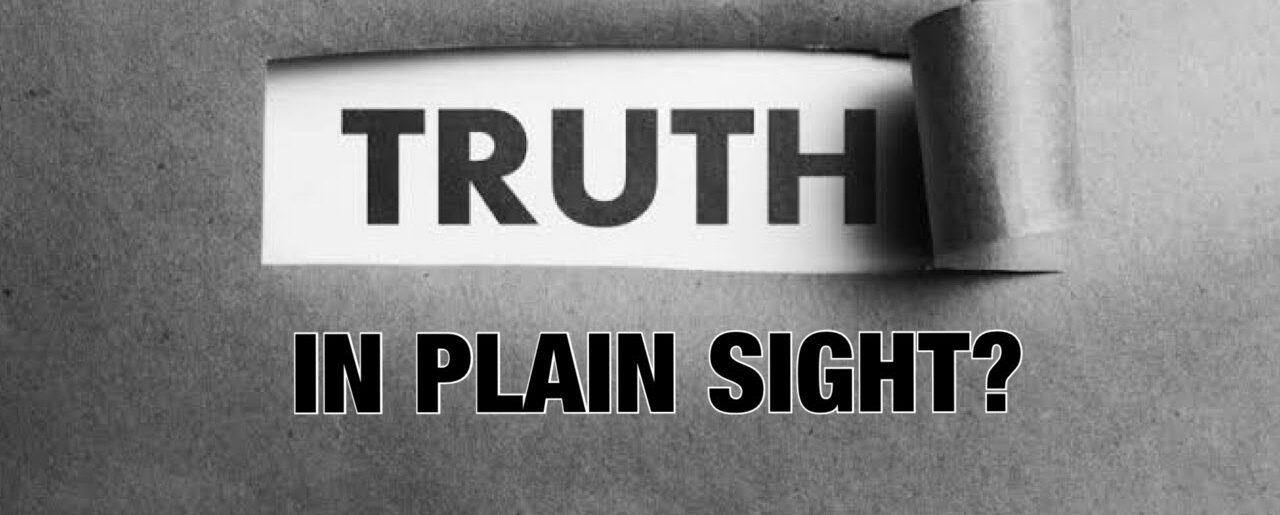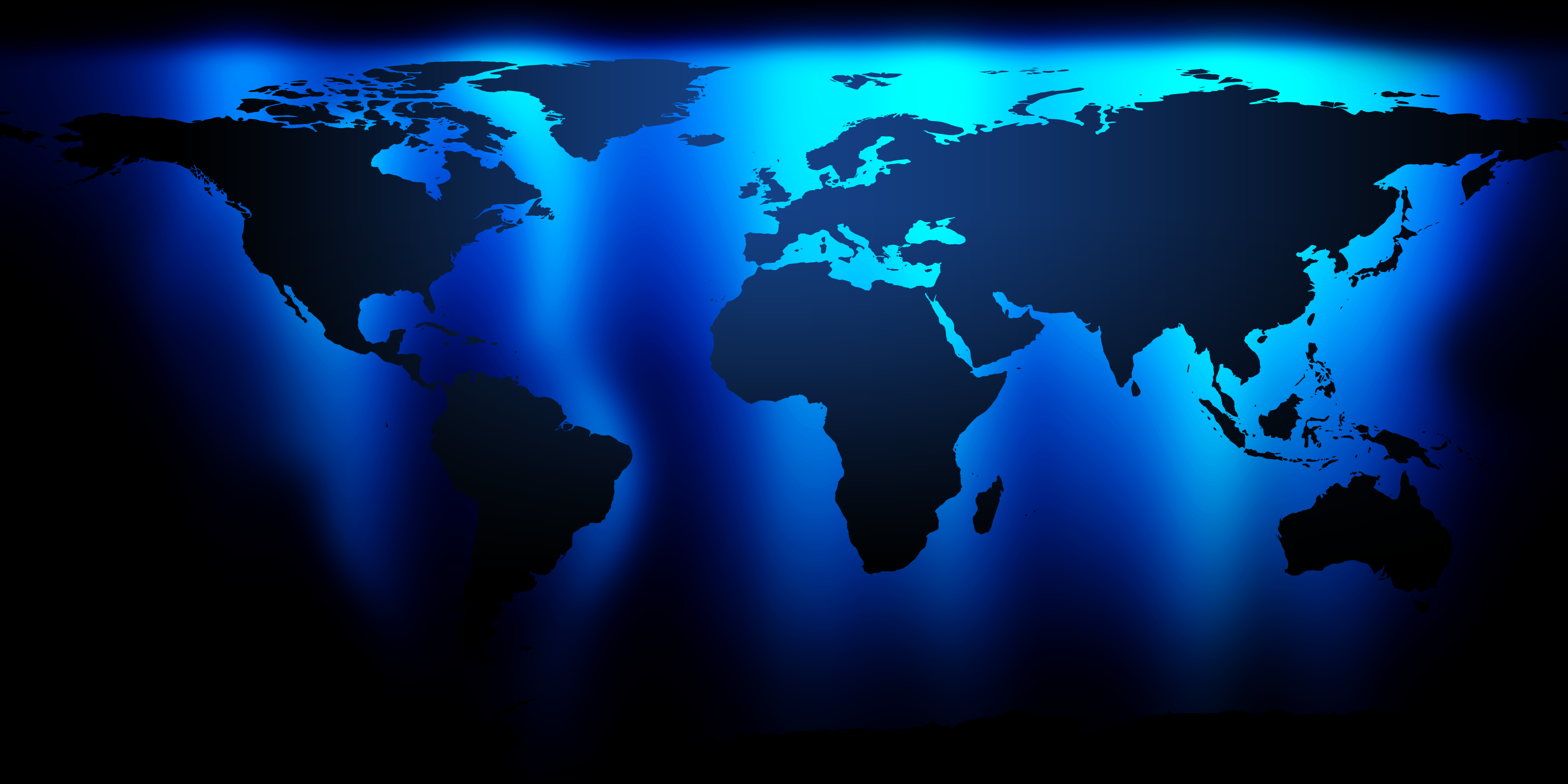U.S. and U.K. Among 60 Countries Sign Declaration Censoring “Misinformation” and “Harmful” Speech
The United States (US) and 60 partner countries, including the United Kingdom (UK), Canada, Australia, and members of the European Union (EU), have signed a sweeping “Declaration for the Future of the Internet” which commits to bolstering “resilience to disinformation and misinformation” and somehow upholding free speech rights while also censoring “harmful” content.
The White House framed the declaration as something that supports freedom and privacy by focusing on its commitments to protect human rights, the free flow of information, and privacy. The EU put out similar talking points and claimed that those who signed the declaration support a future internet that’s open, free, global, interoperable, reliable, and secure.
However, the commitments in the declaration are vague and often conflicting. For example, the declaration makes multiple commitments to upholding freedom of expression yet also commits to bolstering “resilience to disinformation and misinformation.” It also contains the seemingly contradictory commitment of ensuring “the right to freedom of expression” is protected when governments and platforms censor content that they deem to be harmful.
Furthermore, many of the governments that signed this declaration are currently pushing sweeping online censorship laws or openly supporting online censorship.
For example, just a few days ago, the Biden administration called for private companies to censor online “misinformation” – the latest of many similar calls. The EU also recently passed its Digital Services Act (DSA) which contains requirements to censor “hate speech” and “misinformation.”
Some government officials, including Canadian Minister of Innovation, Science, and Industry François-Philippe Champagne and UK Digital, Culture, Media, and Sport (DCMS) Secretary of State Nadine Dorries, even mentioned their country’s online censorship laws during the live launch of this Declaration for the Future of the Internet.
“The vision outlined in this declaration aligns very well with the many initiatives we are working on here in Canada, including our Digital Charter,” Champagne said.
Canada’s Digital Charter was launched in 2019 and threatens platforms with “meaningful financial consequences” if they fail to fight online “hate” and “disinformation.”
“I am enormously encouraged to see online safety is a key principle of that declaration,” Dorries said. “As the UK’s Digital Secretary, doing more to protect people online is one of my main priorities – and last month, I was proud to introduce a groundbreaking Online Safety Bill to the UK Parliament that will make the internet safer for everyone.”
The UK’s Online Safety Bill will give the government sweeping censorship powers, censor some “legal but harmful” content, and criminalize “harmful” and “false” communications. Read Full Article >


